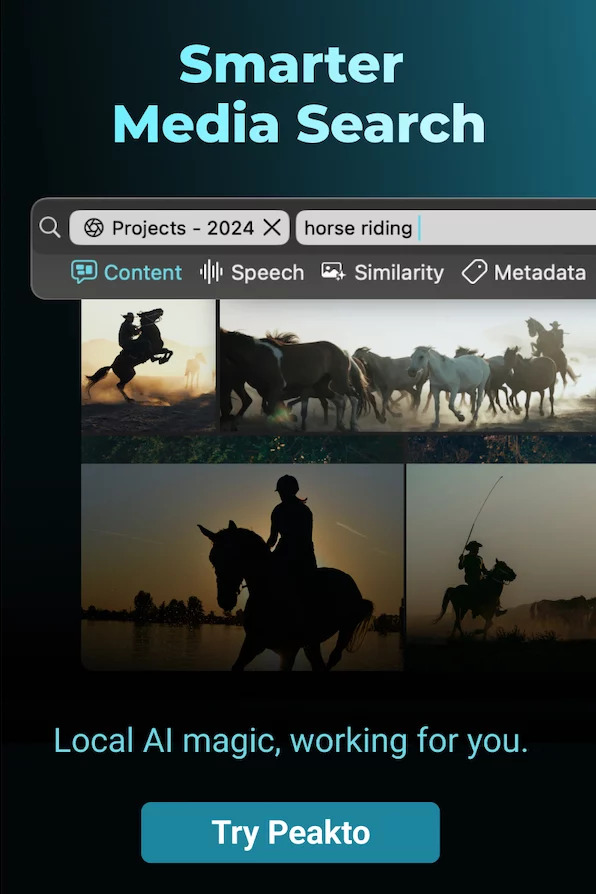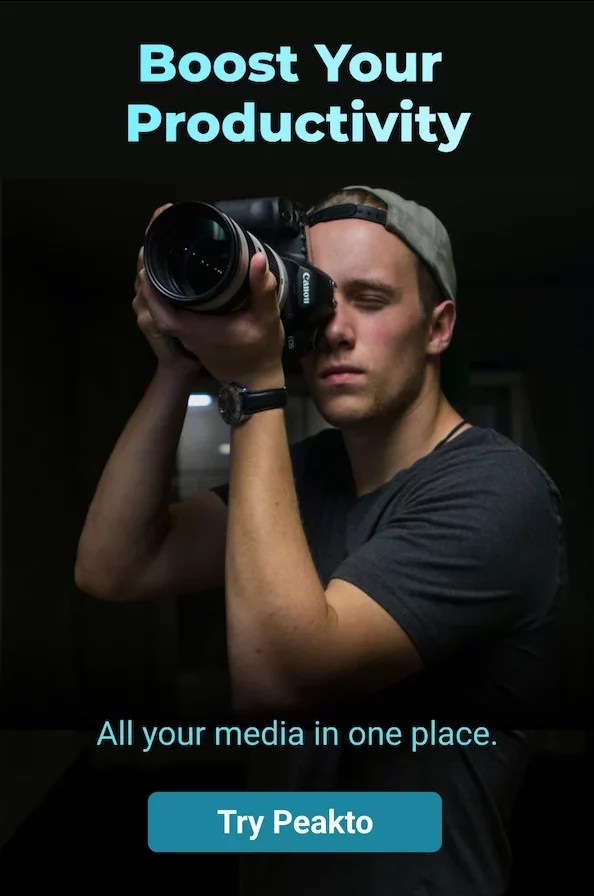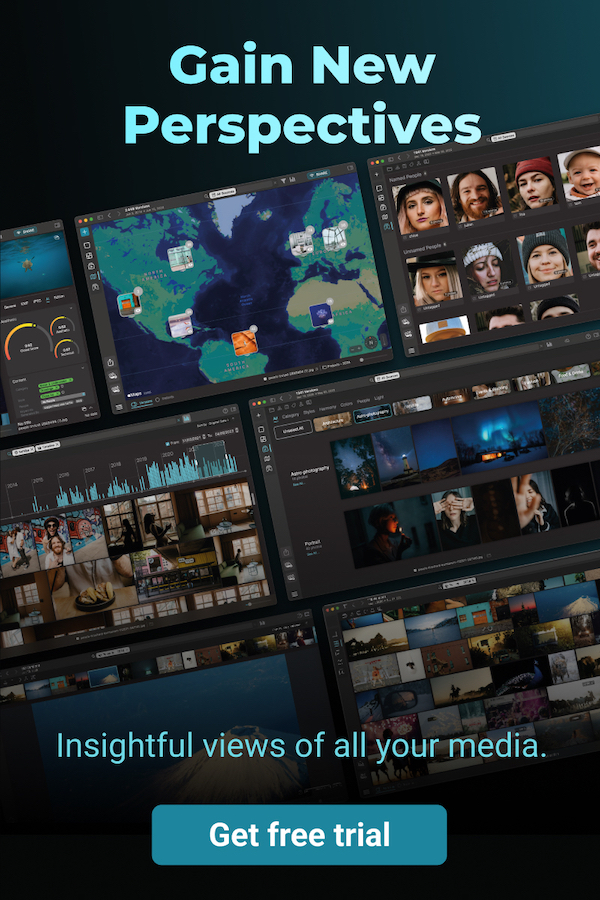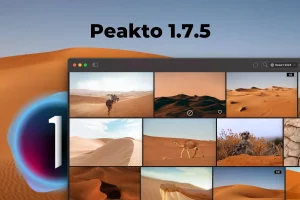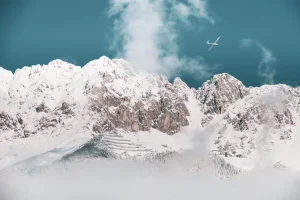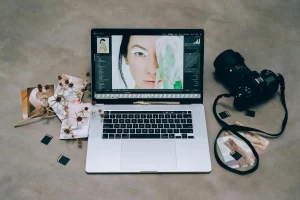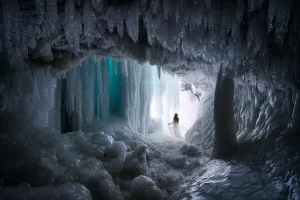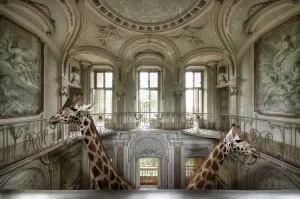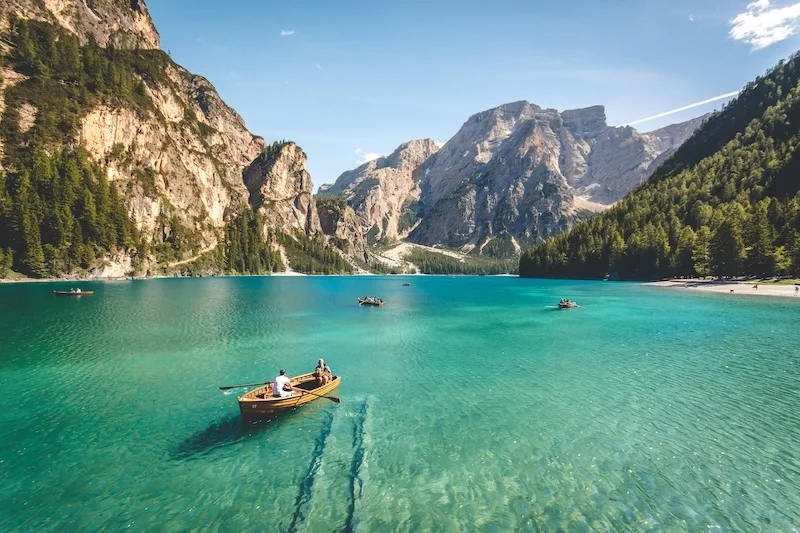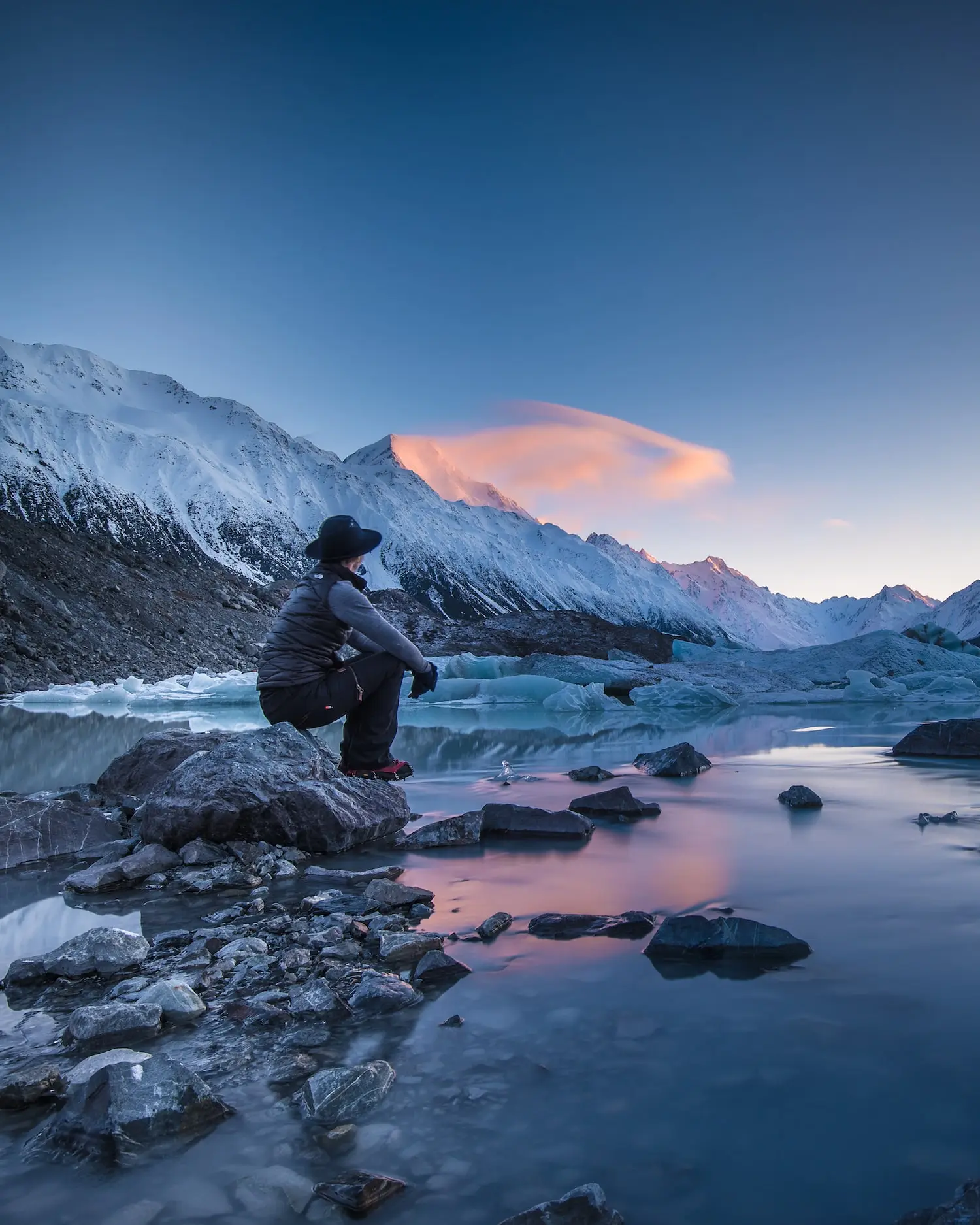
Exploring Landscape Photography: An Inspiring Journey with Deb Clark
Hi Deb Clark! Can you tell us where your passion for landscape photography comes from? What made you decide to go deeper into the practice of photography and what drives you to continue?
I was born in New Zealand and am proud to be a kiwi. We’re at the bottom of the world which pre covid (and post hopefully) getting anywhere requires hours in planes but It’s a fantastic place to live. My background is in the fashion and education industry.
Interestingly photography plays a big part here but I never really got into that side of it until recently. It’s a people orientated industry and although I love it, I think part of why I got into landscape photography is for the solitude it brings. I need that alone time. Somewhere to go to get away from the pressures of daily life.
” We wish to fight for a just cause: to save the living nature. “
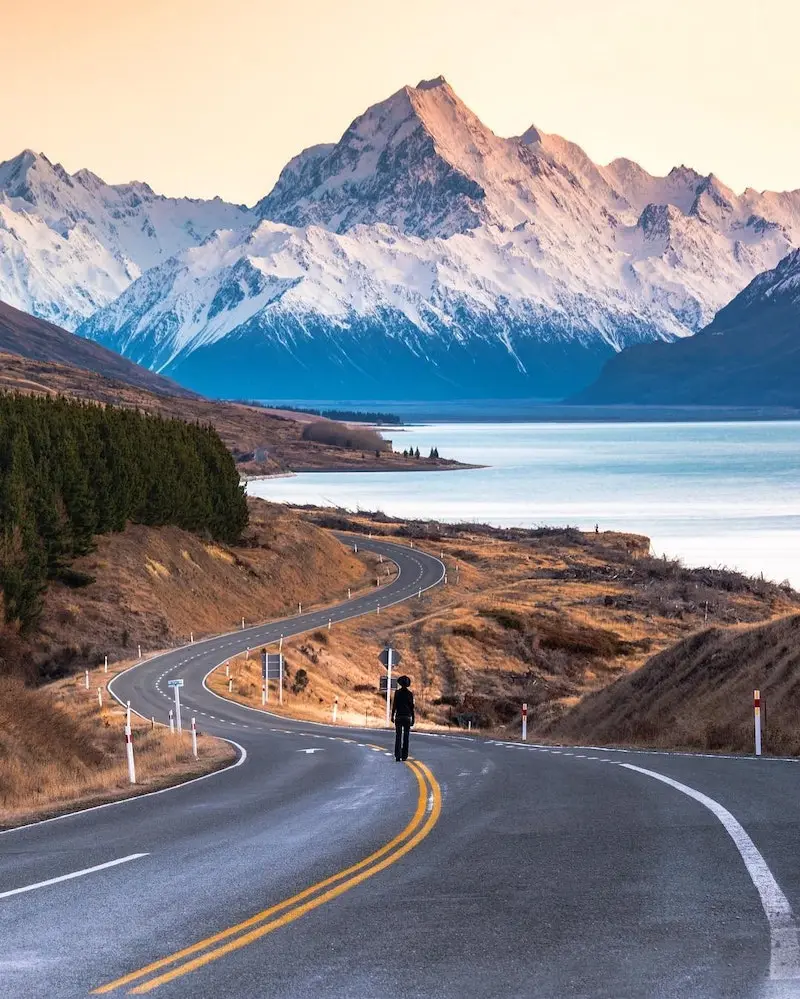
More About Deb Clark
I am an outside person. Summers at the beach and winter in the mountains. We are so lucky in New Zealand. You can drive for an hour here and be somewhere spectacular. I love to hike and am always heading off on some new track. This time I use to scout and research locations and then head back with my camera. I was a mad skier but unfortunately I had an unrelated accident and can’t risk that just now so I enjoy the snow through my camera.
Throughout my life, I have loved to travel and I particularly enjoy immersing myself in new cultures. Getting out of your comfort zone by seeing and eating new things, conversing with people who don’t speak your language and observing how others live gives experiences that help to shape you.
In recent years photography has become an integral part of my travel itinerary. I still travel just for fun but most often it is coordinated to incorporate as many landscape locations for shooting as it is possible to cram into the time I have. I have enjoyed some incredible trips with other photographers where we eat, sleep and breathe all things photography. Sleep is generally in very short supply during these trips but the smiles and memories you leave with are priceless.
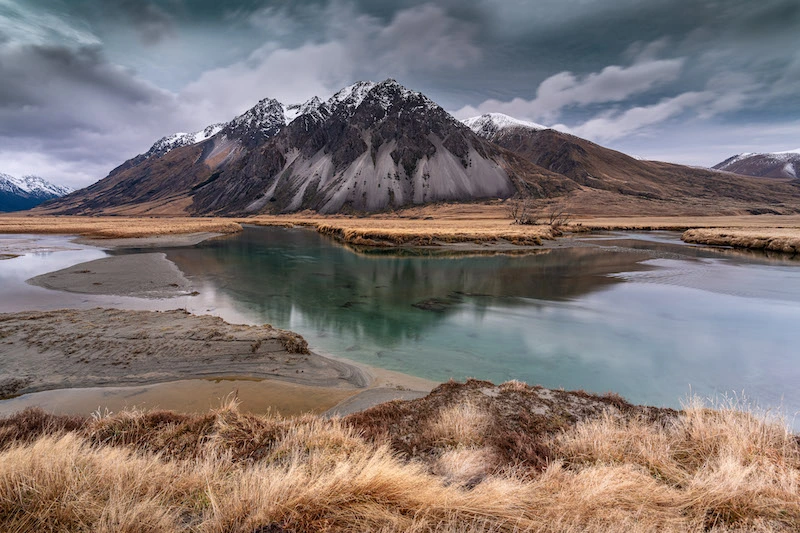
Can you tell us where your passion for landscape photography comes from? What made you decide to go deeper into the practice of photography and what drives you to continue?
My personality is such that I have to do the best I can. I’ve been told that I am driven and although I don’t like that link I guess that is true in a way. I have to dive deep, learning, practising, and doing things to the very best of my ability. I believe in working hard and putting your best efforts into what you do in order to see genuine improvement. Mediocre is not for me. What that means in terms of photography is that an ok image will never be enough.
“What I love about photography is that it takes you on a never-ending journey of discovery.”
Do you like Deb's interview?
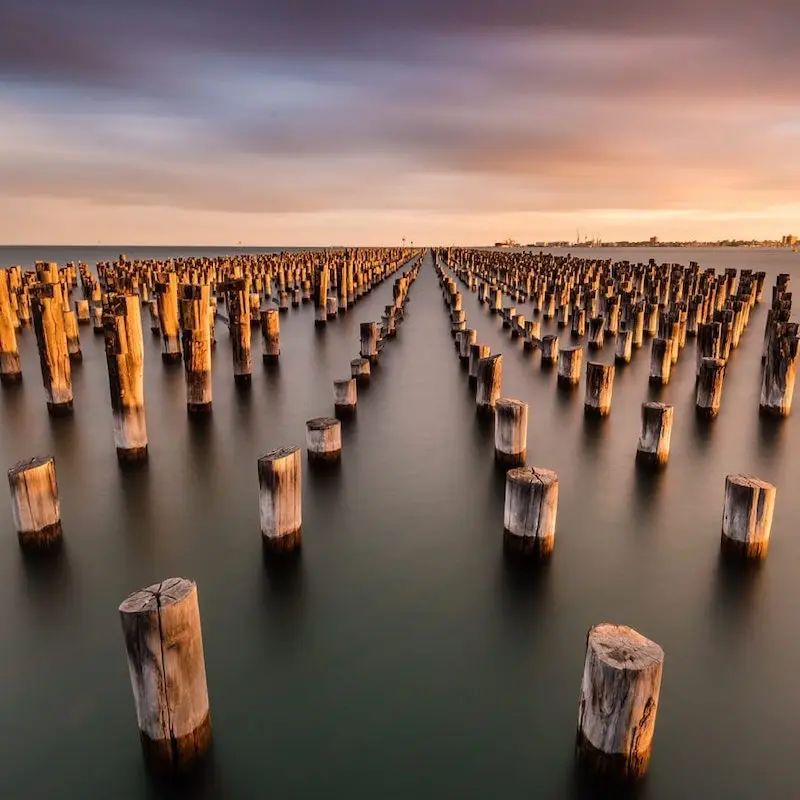
It sits along nicely with my enjoyment of being outside. Giving me reasons for getting up early, for hiking in remote places and puts you completely in the moment. That is so good for the soul.
What drives me? That search always for the next image I’m really proud of. Trying new things with new techniques. That requires research, and practice. Lots and lots of practice. I’m a bit of a perfectionist so if I have to go back to a location numerous times until I get what I’m after then that’s ok. New projects keep me motivated. I am lucky to get to work with others who are as passionate about photography as I am. You learn a lot from how others do things.
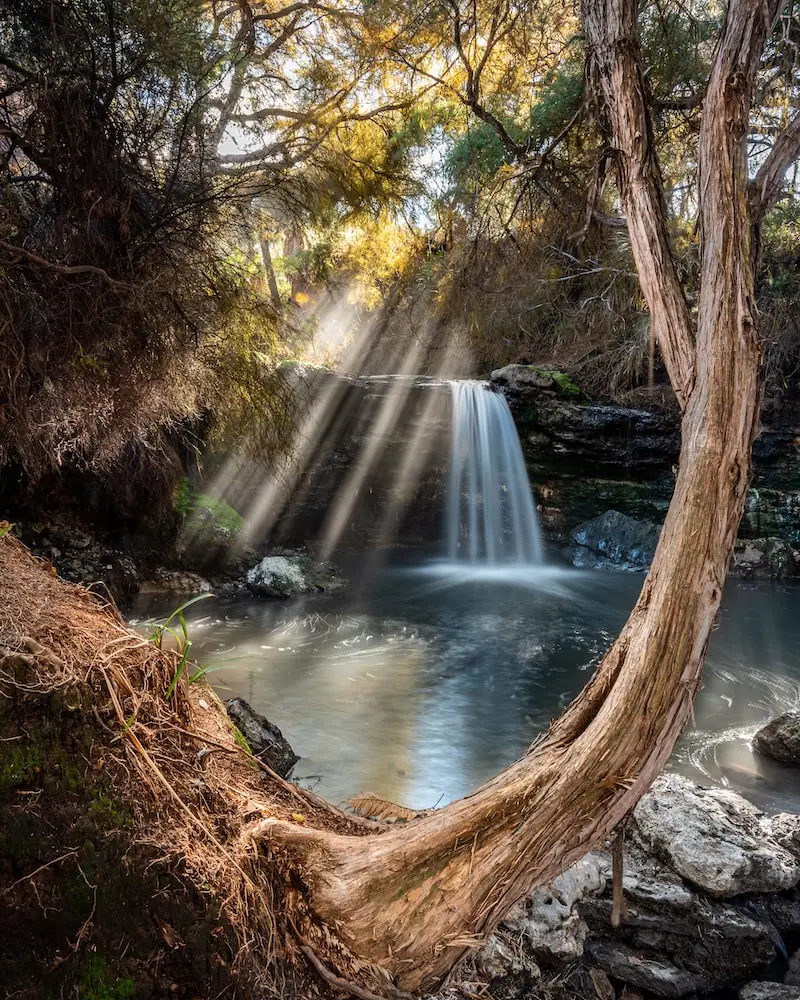
Why did you decide to take up landscape photography? What do you want to convey through the photos you share?
Initially it was because my partner was a photographer. I could stand around just watching and forever waiting or get interested myself. One good shot and I was addicted. I have been shooting now for coming up 5 years, I guess you could say I was thrown in the deep end.
I was given an old crop sensor camera. It was very basic and made me have to work hard to get a good image. This introduction was invaluable as it turns out. There was so much to learn and remember but it was a good solid basis for getting started. It was a happy day for me when that camera died. I went straight to Nikon from there and now shoot only mirrorless. Initially I wasn’t even sure if I liked long exposure photography but I was given some basic settings and it hooked me right in. You have to think things through a bit more and although frustrating initially, it is now what I specialise in. For me, I think it takes an image up a level. It gives a slightly surreal effect, an almost wistful quality.
If people who look at my photos feel just a tiny bit of what I felt taking it then my job is done. I want people to believe it really was like that, to feel a sense of wonder at the beauty of a location, to be captivated by the mood or the light. I want them to smile when they see it.
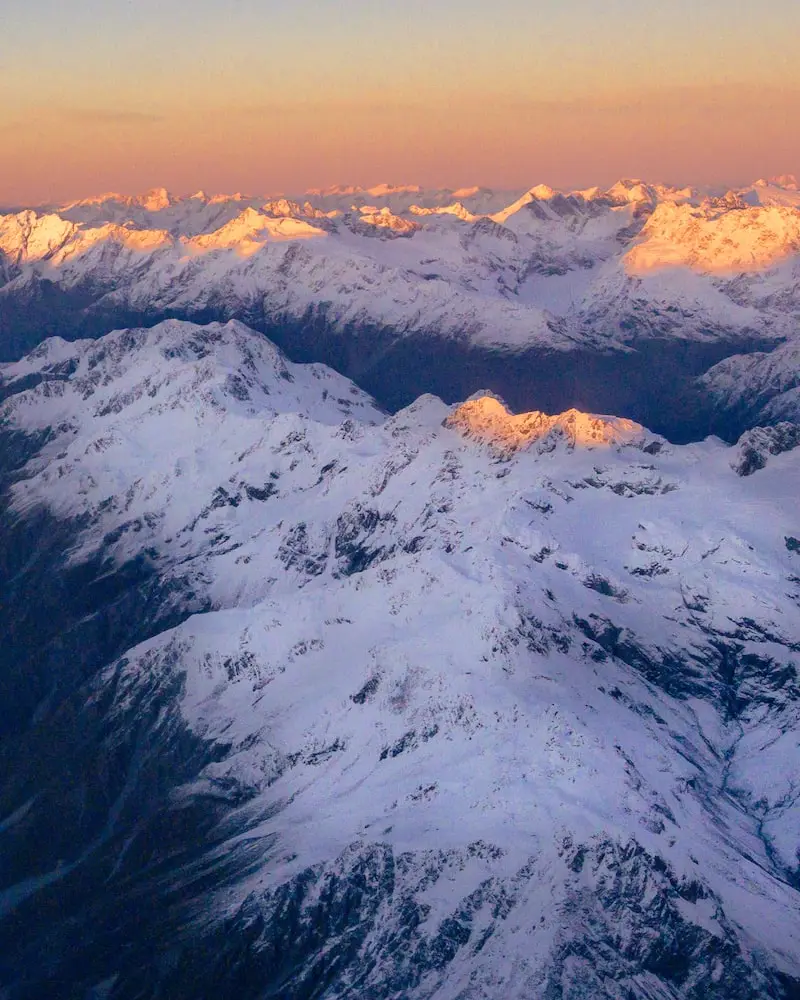
Deb Clark and Long-Exposure Photography: A Window into Ecology
Have subjects related to ecology and sustainable development been driving or inspiring subjects in your photographic production?
A couple of years ago I was selected for a project with Nikon NZ. “Iconic Futures” was about where we would see New Zealand being in the future and presenting that story through our images. My main image was a beach scene in a huge storm that washed the sea across a bridge and road. It was a powerful moment that reminds us that nature is ultimately in charge. What we are responsible for are the things we can control.
A second project was on things that wash up on the beach. I have a beach that I have been going to for over 20 years and everyone that goes there takes the responsibility of keeping it looking pristine seriously. It upsets me when I see what washes up there. It’s just a tiny corner of the world, yet it says so much.
Photography presents a moment in a visually perfect way. But it’s not always real life. Just out of frame could be a pile of waste. My hope is that when someone looks at my photos they appreciate the gift that the world is and actively look after it.
“From simple acts of disposing of rubbish to the measures we can take globally, everyone has to play their part.”
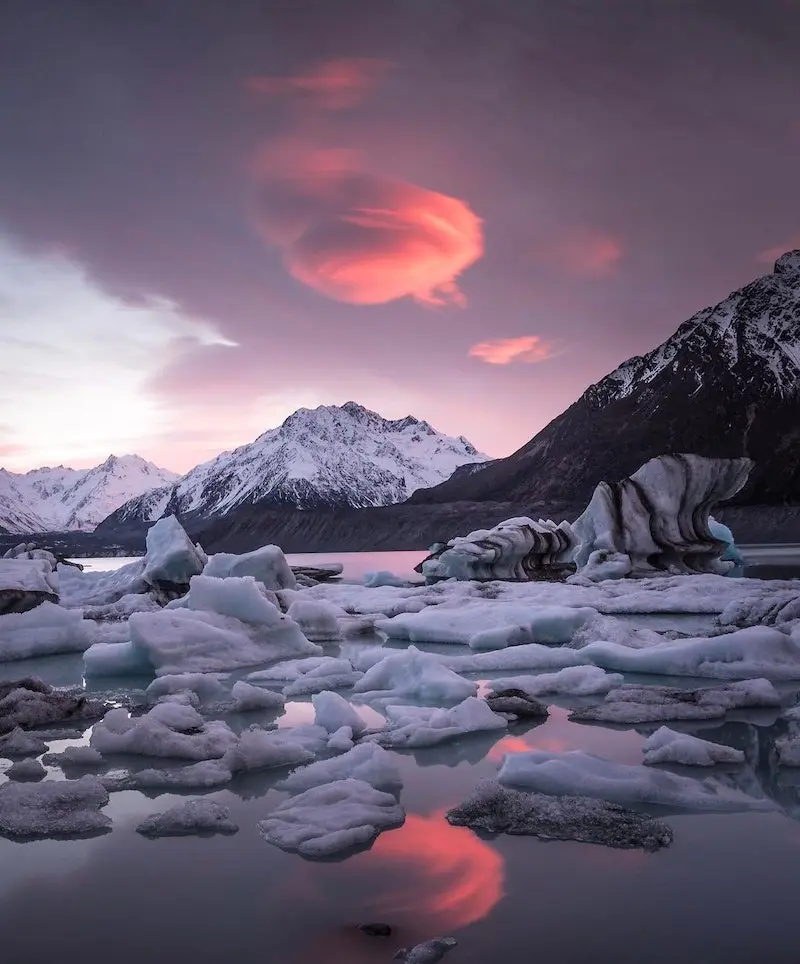
Deb, where do you find your inspiration?
Research mostly. I read interviews and reviews, search locations and generally wade through thousands of photographs. Something really needs to jump out at me. Then I analyse what it is that caught my eye. Light is something I think about all the time. Shadows and shades, focal points and leading lines. I often take a quick snap on my phone just to get a really good feel for what I am seeing.
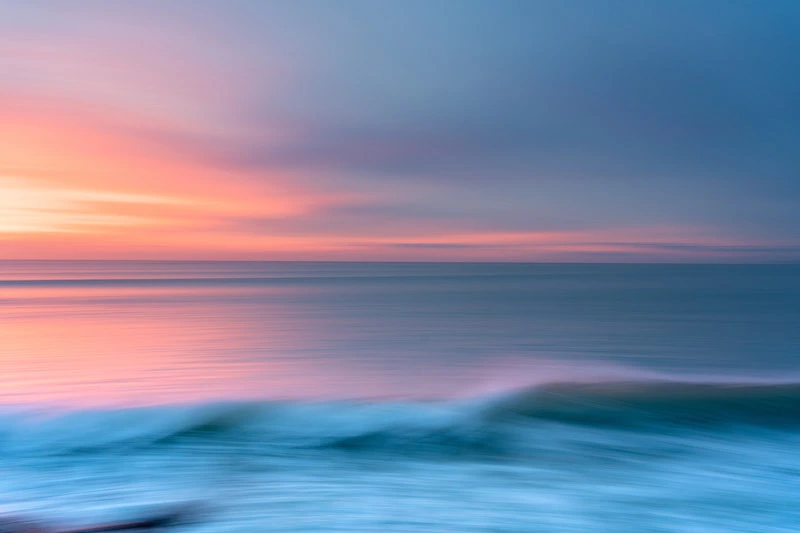
Who are your reference photographers?
I don’t think I would call them reference photographers as I try to present even a well photographed location in a unique way but I certainly enjoy their work.
Cath Simard is an incredible photographer, a master at editing and a beautiful person. Brent Purcell got me started in landscape photography. He’s a very patient photographer who will work quietly away at one composition until he is perfectly happy with the result. Far more patient than I will ever be. He has taught and continues to teach me so much. Marco Grassi is the master of the mountain. I really like his editing style. It’s clean and clear and moody and his images remain realistic.
It isn’t always about landscapes either. I enjoy many types of photography. I am also madly in love with the work of Esther Bunning. She takes creative photography to a whole new level and really makes you think about what you are seeing.
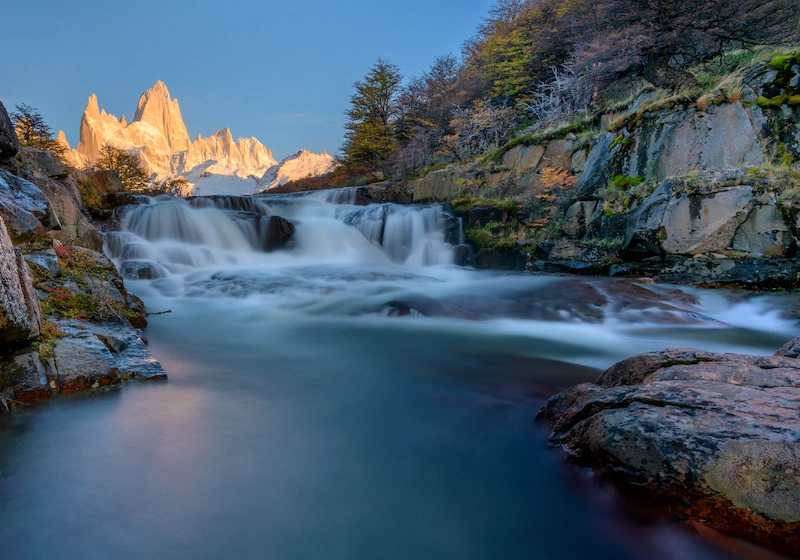
The Most Unforgettable Moments as a Landscape Photographer
In your life as a landscape photographer, do you have a story to tell or an anecdote you would like to share with us?
Just one? That’s a hard one as there have been many very memorable moments, but I will tell you about the two that really stand out.
First Story
The first story is from a trip to Patagonia a couple of years ago. I was still recovering from a broken shoulder and we were in Torres del Paine national park. We met up with some other photographers and were just chatting really.
The wind was building and all of a sudden we hear this incredible gust coming and see it crossing the lake. Others dropped to the ground but I didn’t have time. It caught on my backpack and picked me up and threw me across the park. Quite a long way as it happens. I was terrified (and yes it does feel like slow motion when your life flashes before your eyes). Subconsciously I tried not to land on my shoulder but the jolt to it was incredible pain. I really thought I had smashed it again. Luckily that didn’t happen and I managed to slowly make my own way out of the park, a lot sore in a lot of places but not broken. It’s a lesson to always be aware of what’s going on around you.
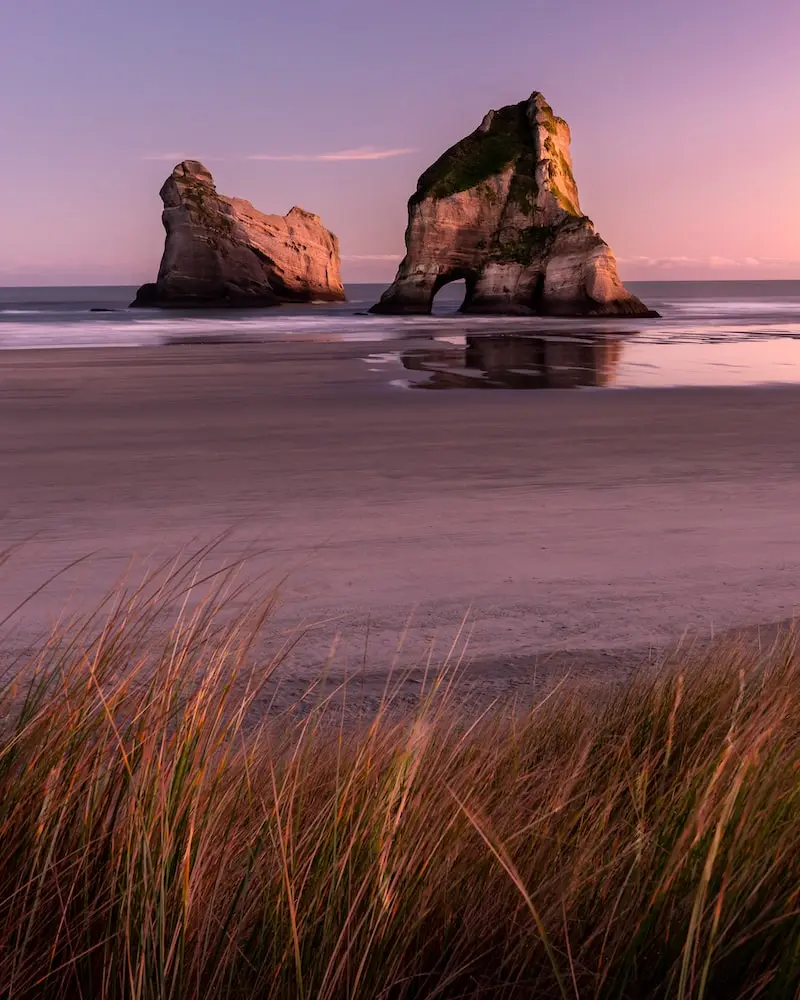
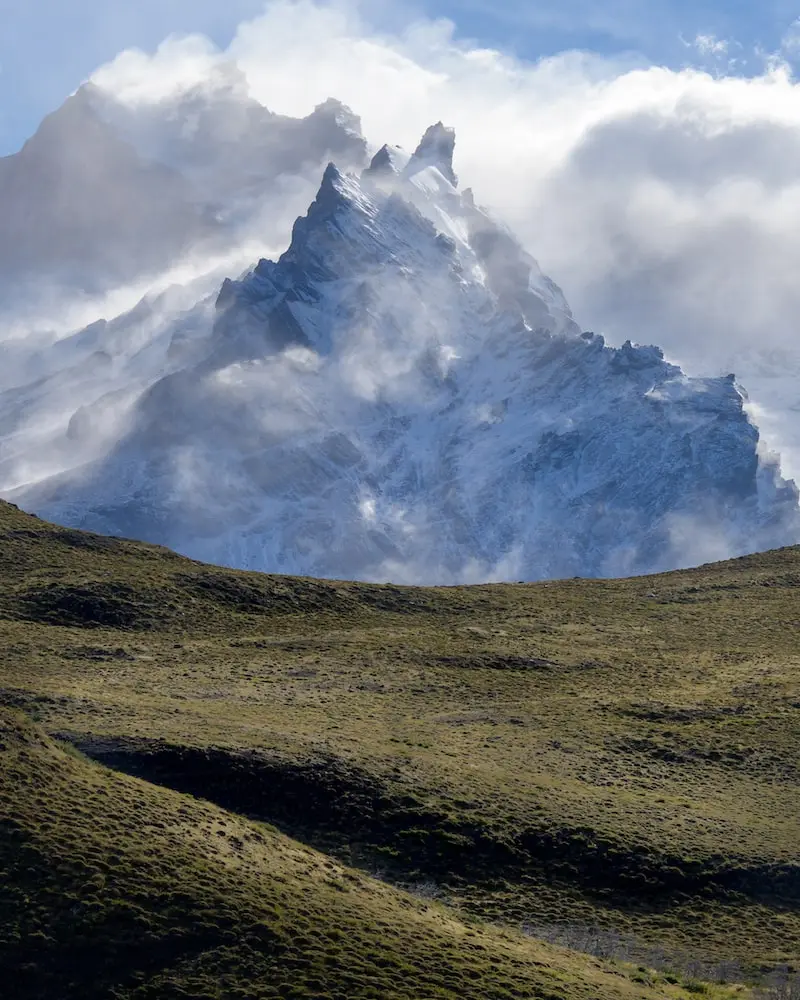
Second Story
My second story is about an overnight I did with a couple of others on Mt Taranaki in New Zealand. When you are hiking in New Zealand you book through the Department of Conservation to stay in their huts. It’s an odd and rather inefficient system in that you can book but it doesn’t actually guarantee you of a bed. We didn’t want to miss out so we got going early and made it to the hut around lunchtime.
Bunk beds obviously which to be perfectly honest are not my favorite form of accommodation. These ones in particular, as the bunk is actually a big long slatted shelf with mattresses so you end sleeping next to people you don’t know. More people turned up than there were beds for as sometimes happens so there were a couple of people sleeping on the floor. We went off to shoot sunset and stayed out for some astro so was very late when we got back. It’s hard to be quiet with timber floors and creaking beds so pretty much everyone got woken up when we came in.
Then there is all that sleeping bag rustling that goes on whenever you move and I just couldn’t get comfortable. I probably kept others awake half the night. Then of course our alarms went off at a ridiculously early hour so we could get back out to shoot more astro and sunrise. Again, we woke everyone up. By the time we made it back to the hut almost everyone had left for the day. Probably totally exhausted from all the disruption caused by us. On the upside I got some fabulous images. I did thank those people and apologized profusely for their lack of sleep when I posted the first one.
Does this interview inspire you?
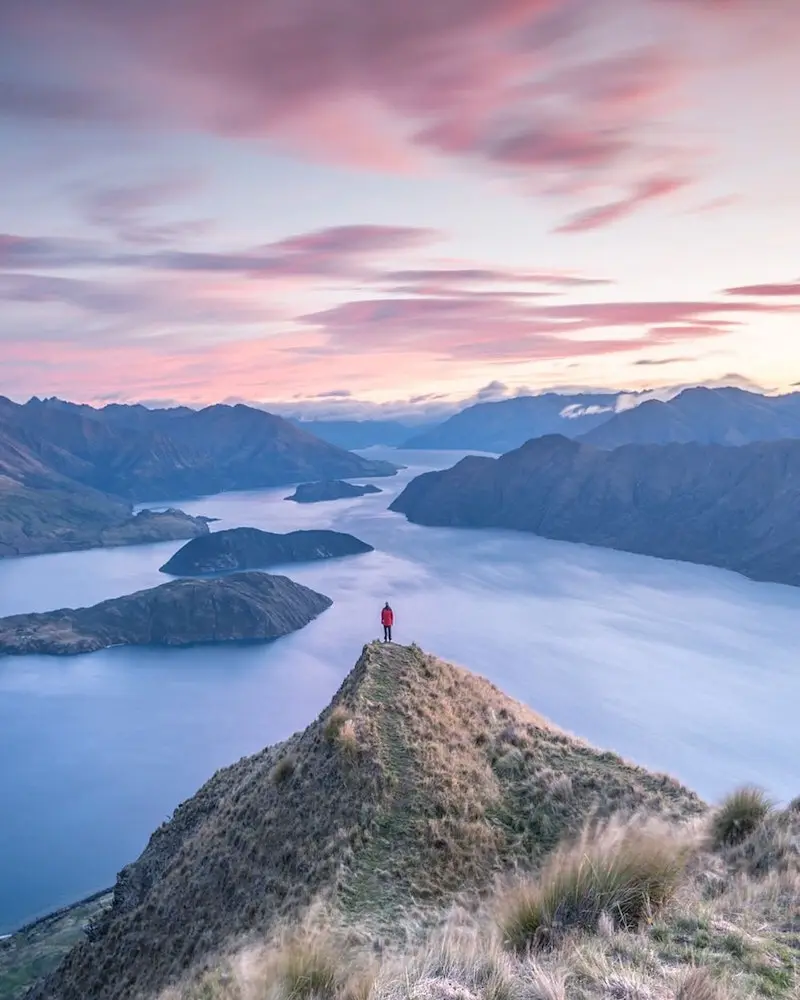
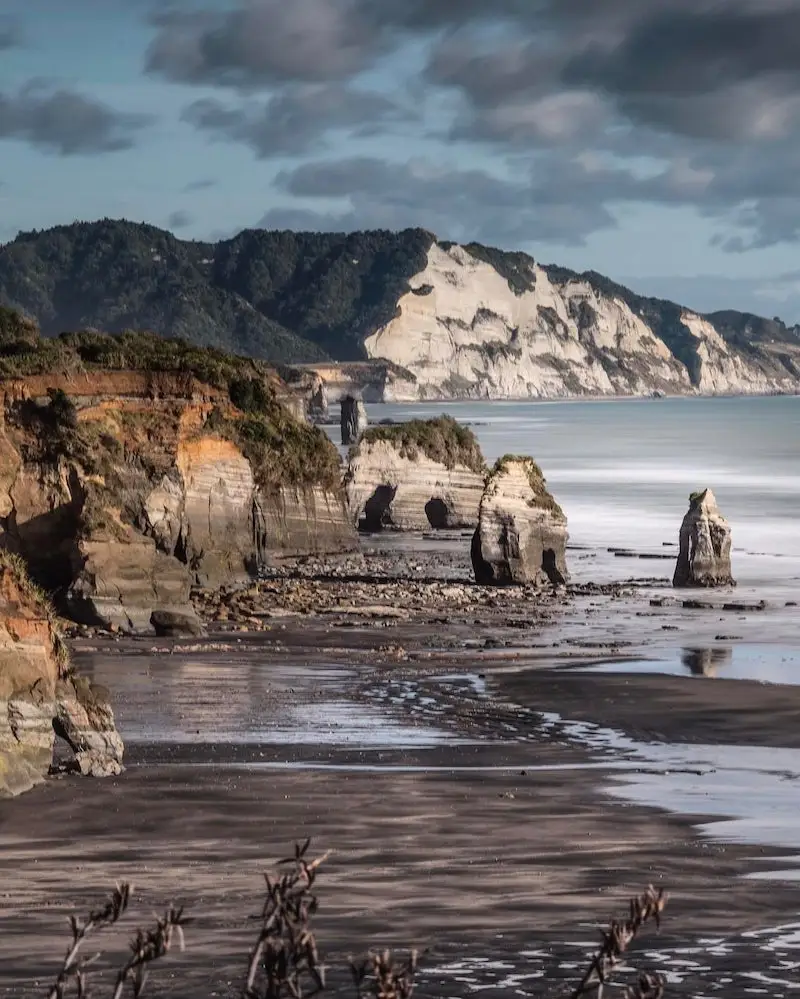
If you had to choose your most significant captured instant in New Zealand, which one would it be and why?
Milford Sound Blue Rays. It was a couple of hours before sunset when I happened to look out the window of the camper and see this starting to happen. My jaw literally dropped. I have never seen this before or since. I have taken many photos from moments that will forever live in my memory but this is the one that stands out the most. It was completely surreal and people came out of nowhere just to stand in awe of what was happening. It lasted for about an hour and I was almost to scared to load the images for editing in case they wouldn’t do it justice.
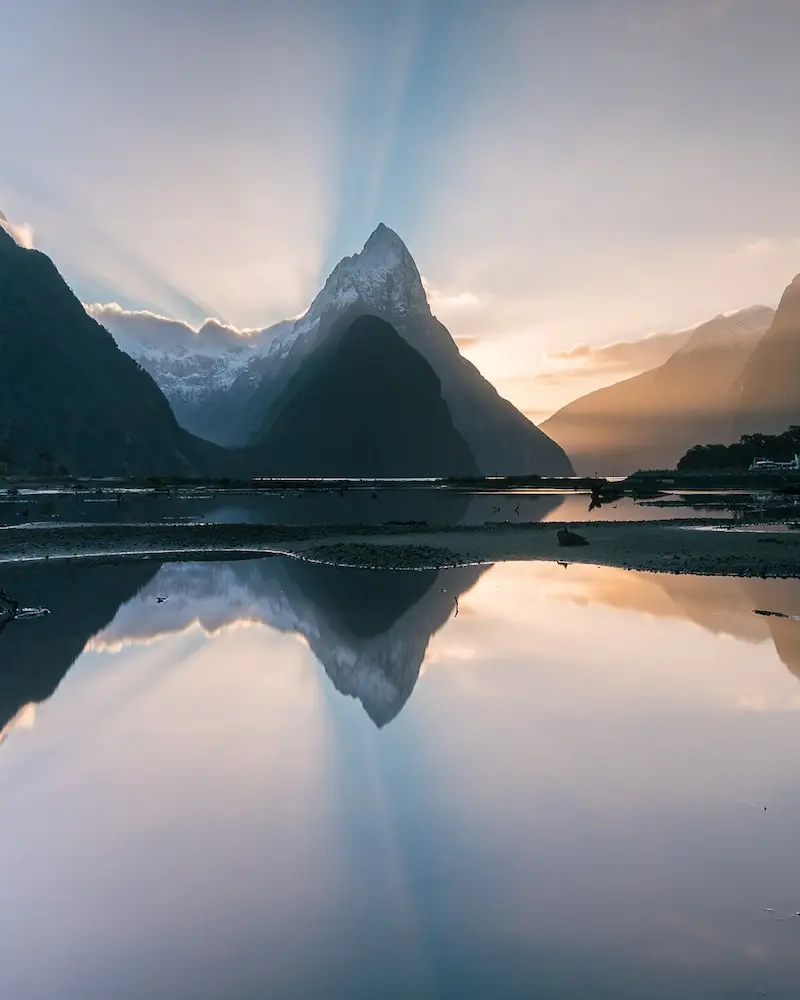
What Techniques Should Aspiring Photographers Master? Tips from Deb Clark
What advice would you give to a young photographer?
Firstly, buy quality. I often get asked by people who are starting out what camera to get. Get the very best you can afford. The camera and lens must be able to do what you need it to. The very best piece of advice I was given when I started was to shoot, shoot and shoot some more.
Be prepared to invest huge amounts of time in perfecting your craft. I believe you can learn and work hard in order to do something well. However, nothing replaces natural talent, and this is critical to producing images that stand out from the rest. Shoot everything to start with until you find out what inspires you. Practice, practice, practice. Taking an image from good to exceptional is not luck. It’s the result of hard work.
Find some people who inspire you and follow them. Save images you can refer to. Research where you are going. What is the best composition, how will you get there and what time of day will work best? Where does the sun rise and set?
Research techniques, and just get out there and try them. Be open to other ways of doing things. If you stop being open to learning… You may as well stop. I also think it’s important to shoot and talk with other photographers on occasion. Understand why they do the things they do. Don’t be afraid to ask for what you want. Put together a good, targeted portfolio and make it accessible to potential clients. Get your name out there by entering competitions and submitting to media. To start with, offering a small service or image for free can be your opportunity to build relationships. After that though, charge professionally every time.
“The very best piece of advice I was given when I started was to shoot, shoot and shoot some more.”
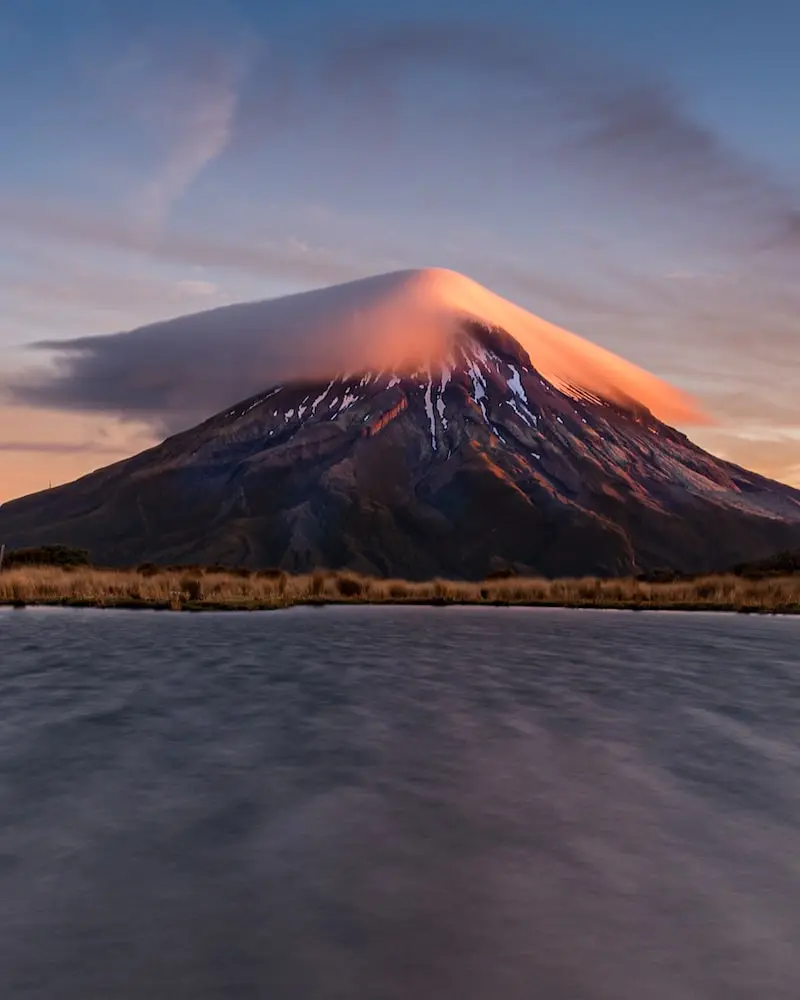
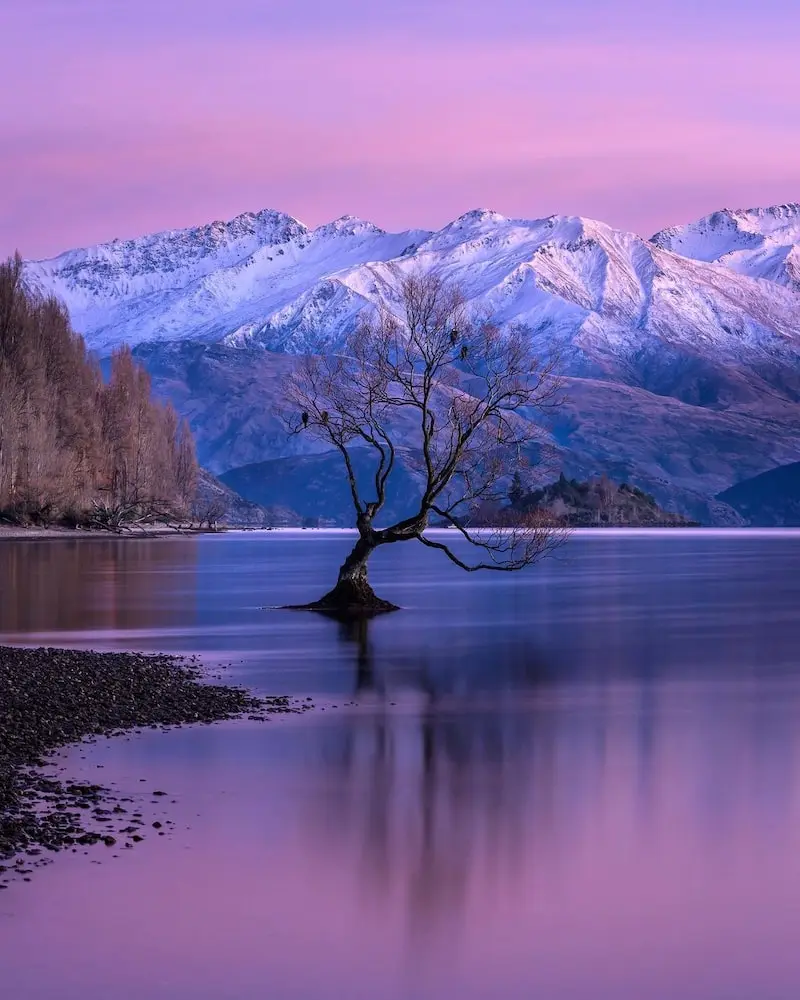
Advice from Deb Clark on Social Media
Social media is critical these days so be active often. Post regularly and at the same time of day, stick to a theme so your account flows and stay true to the photography you love. If you shoot more than one type, for example landscape and macro then have separate accounts that promote these works. Be careful here though. Don’t let social media take over your life or turn you into someone who posts just for likes. It is much better to have a small following, achieved organically where you interact and build relationships. Present the work you are proud of.
Learn to say no. You don’t have to accept every job. Think it through. Is this going to help you towards your goal of being accepted as a professional? I get offered many opportunities to promote products and services. They must fit with the vision I have for where my work is going. If they don’t, I turn them down. I have to believe in what I am selling, if I don’t then more harm than good could be the result.
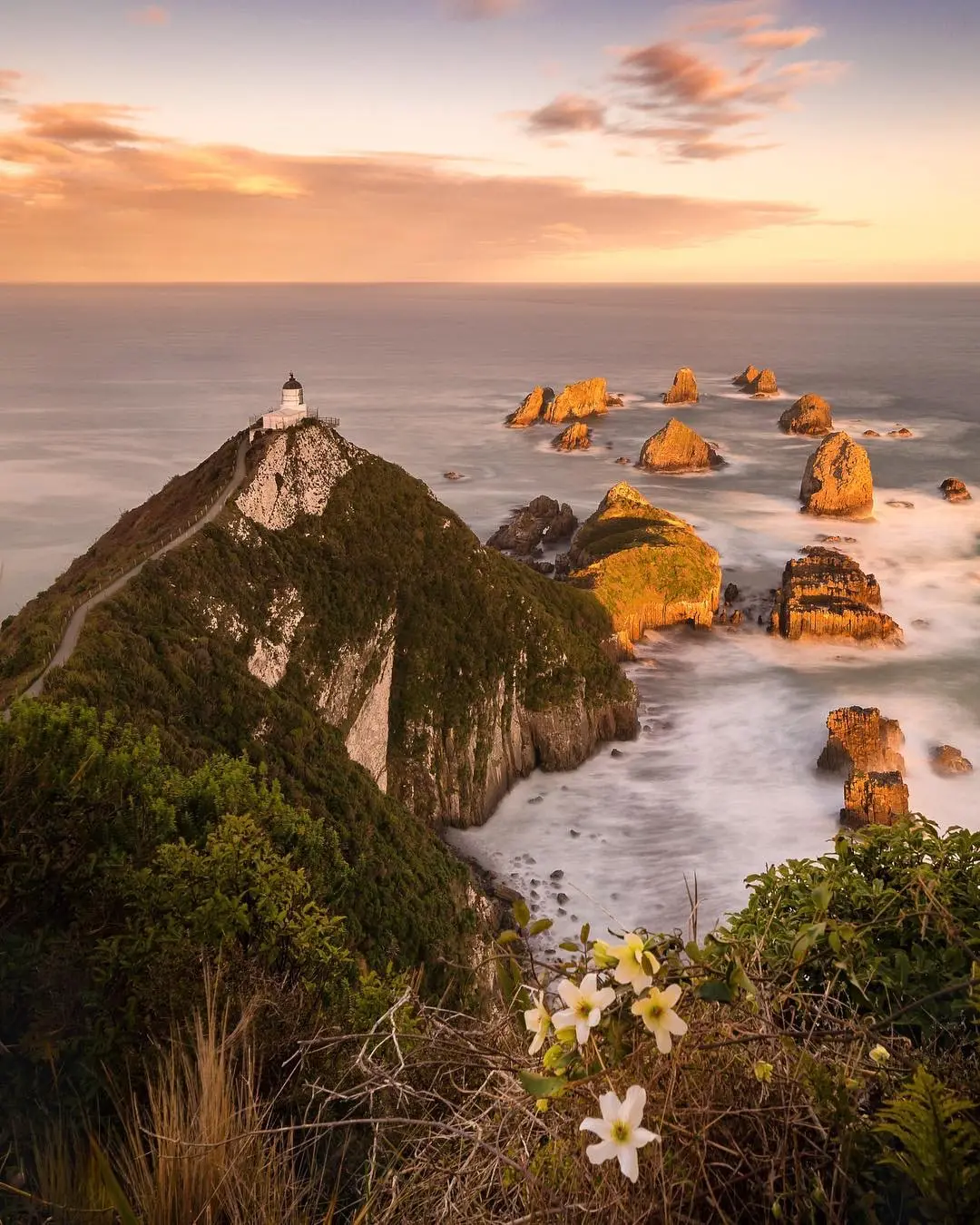
Finally, what are your future projects or goals?
I’ve got a very busy year. So busy in fact that I just had to turn down writing a book about my photography. I’m hoping to get to it at a later stage.
This year I am working with Nikon NZ as a Z creator and I am enjoying this project a lot as it has reinspired me to so some new things and work with some new products. I am heading off on an extended trip to the South Island of NZ shortly to gather images for this.
I also plan to work more with depth of field. Some work I recently did involved a lot of this, and I found that I really enjoyed it. I have also been playing with intentional camera movement which is huge fun and a good little backup for when beach compositions are limited.
Besides, I have just sent off some images for a Gallery show coming up in Sydney so I am looking forward to seeing how that goes.
Finally, I am an ambassador for Nisi Filters and Staff Pro with F-stop gear so there is always a lot happening in those spaces.
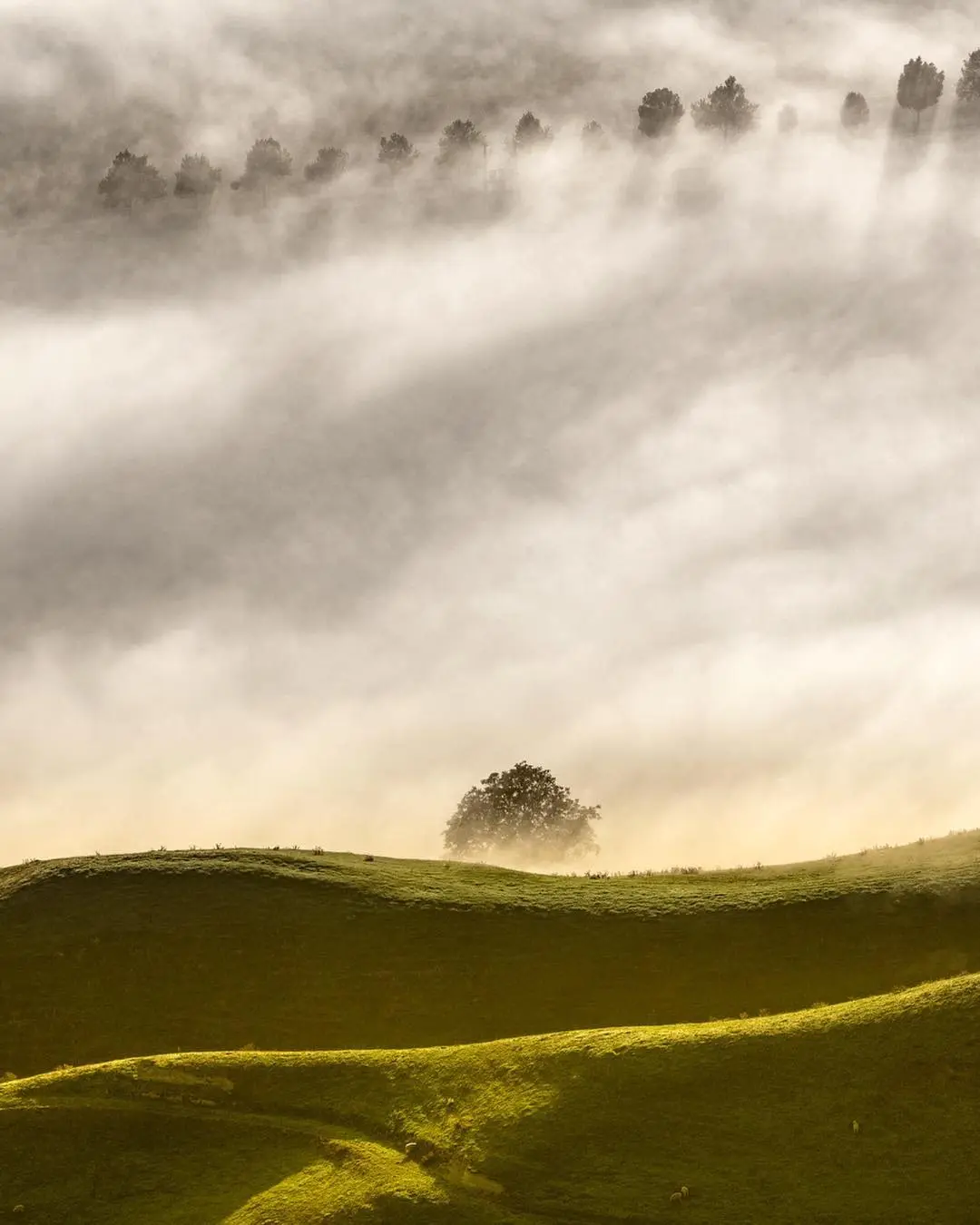
CYME is an organization founded by photographers, dedicated to improving our workflows and managing our photographs. With Deb Clark’s interview, CYME aims to highlight personal and artistic journeys, emphasize photographic themes such as long-exposure photography, and strengthen a more cohesive community aware of current challenges in photography, including the preservation of natural beauty.
Extend this moment with Deb Clark and her work on long-exposure photography by following her on her website or on Instagram.
Photo credit: © Deb Clark




